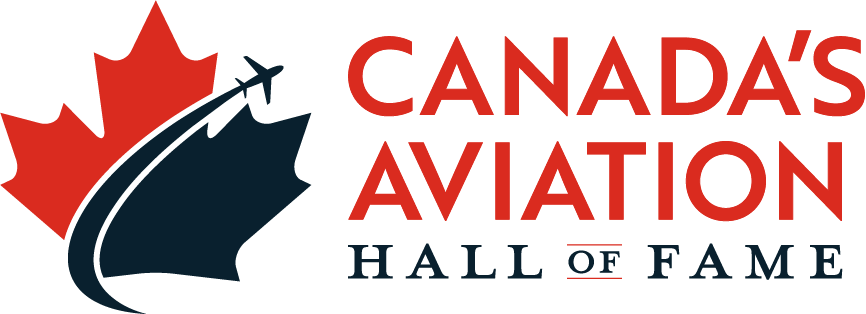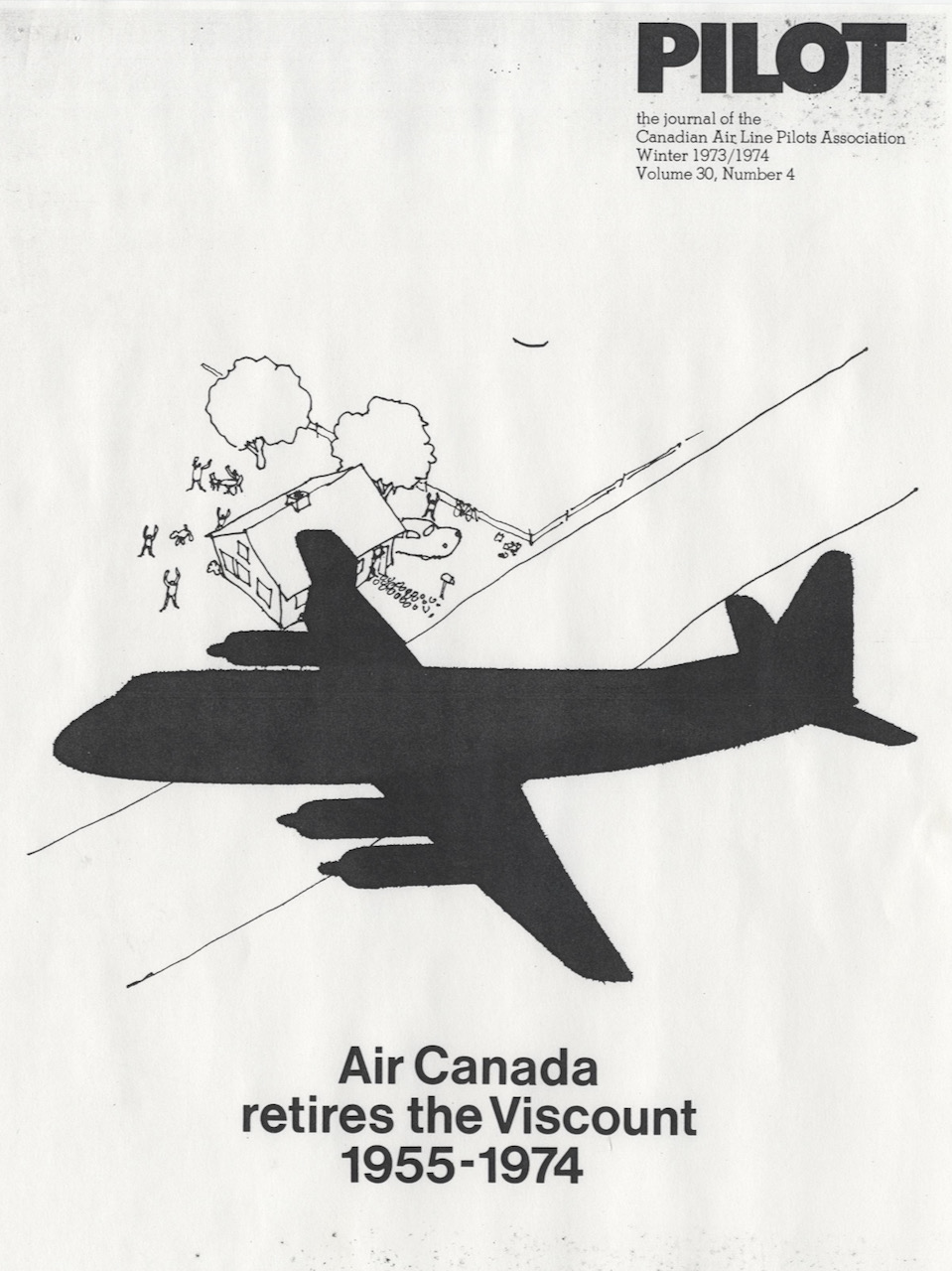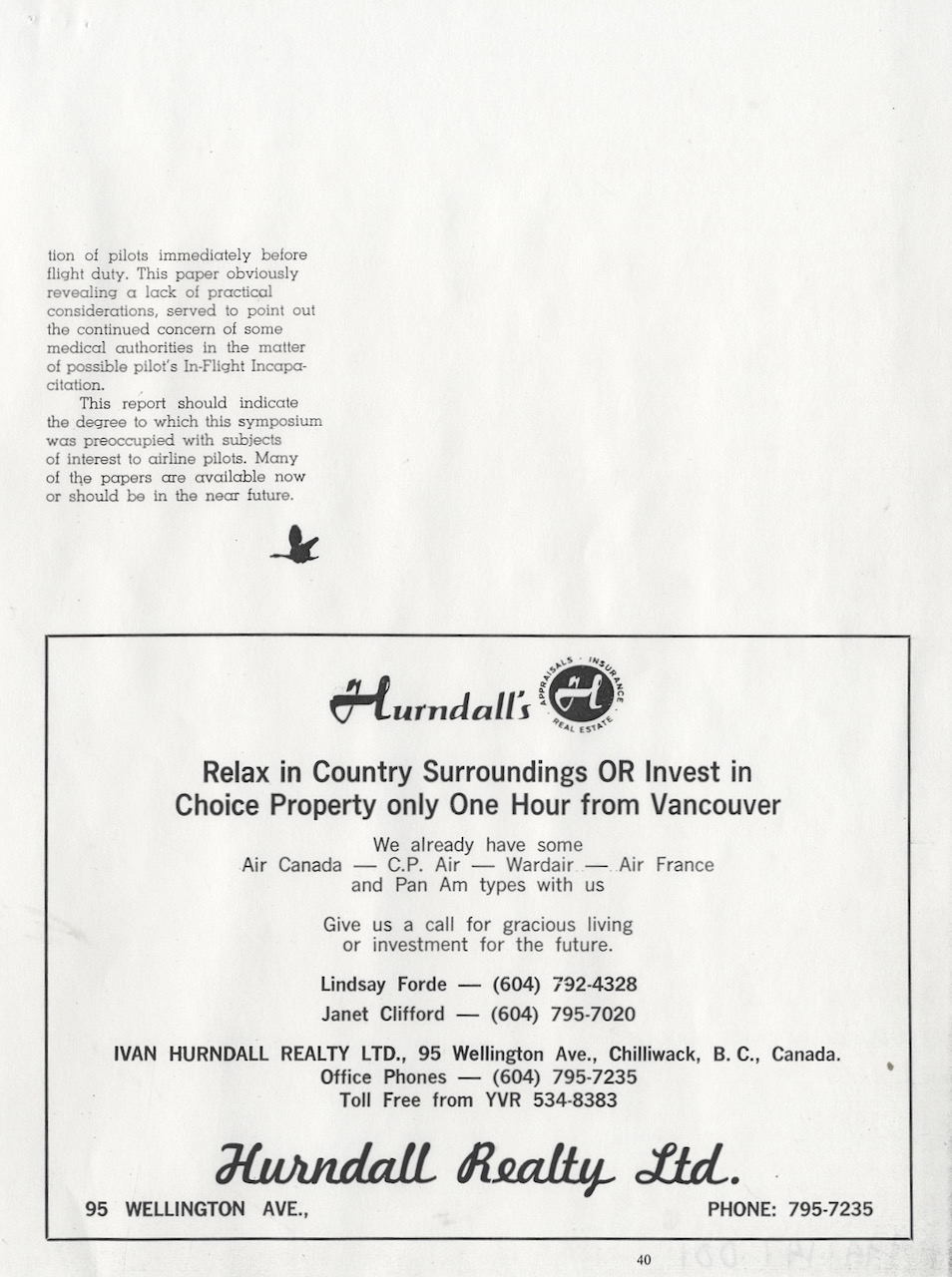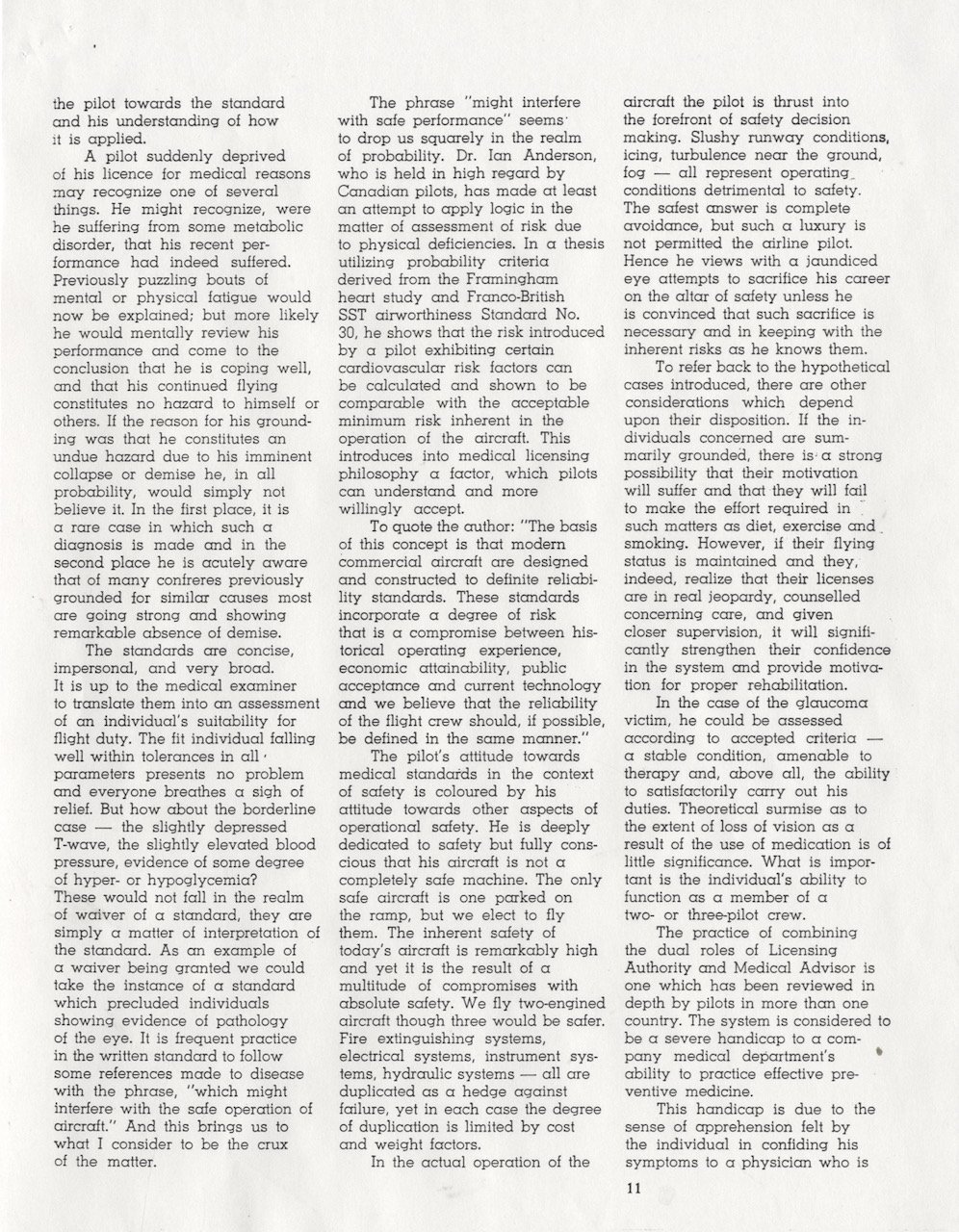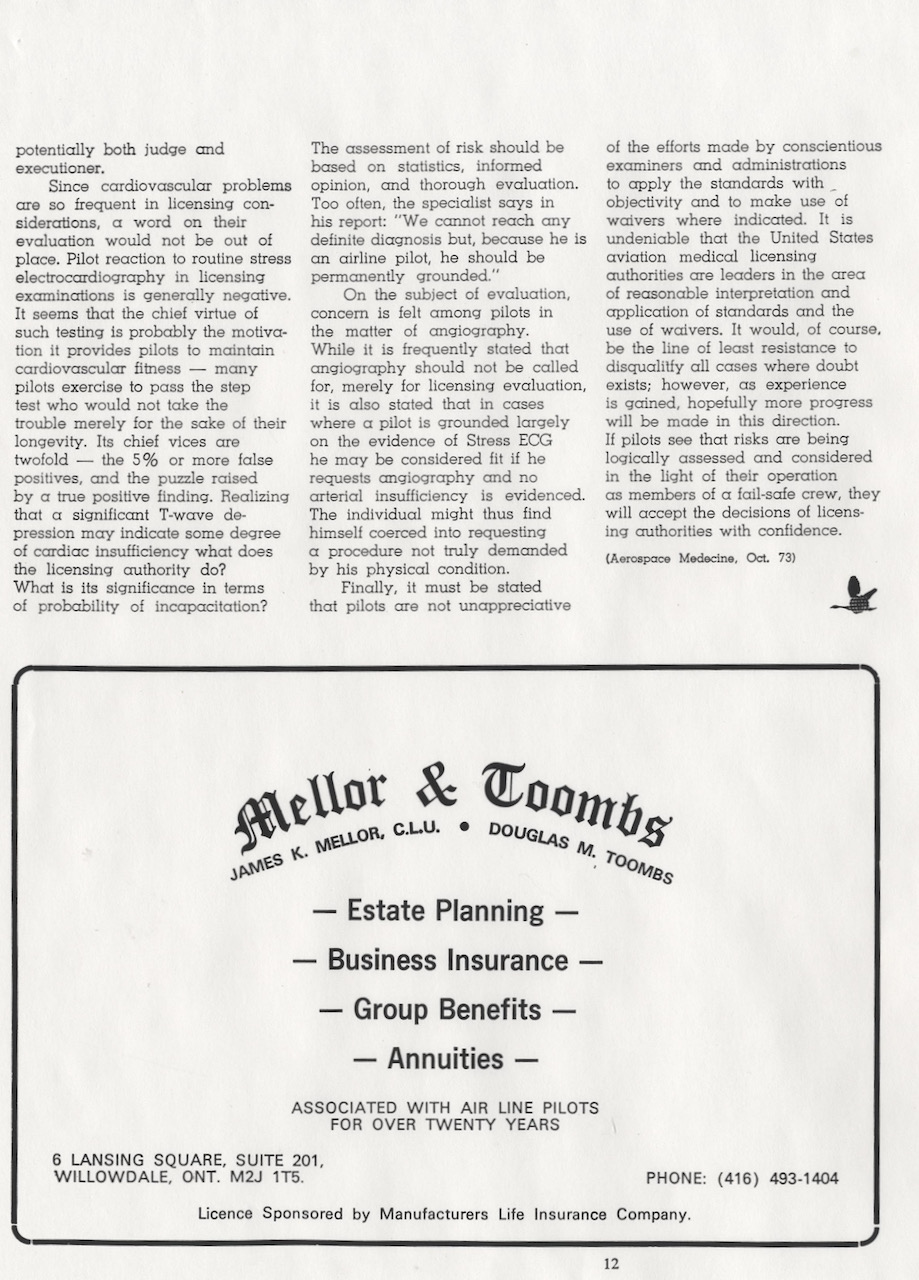Robert Leslie Dodds

Birth Date: November 19, 1921
Birthplace: Stratford, Ontario
Death Date: October 30, 1986
Year Inducted: 1994
Awards: Scroll of Merit (IFALPA and CALPA); Founders Flight Safety Award (CALPA); Award of Excellence (Air Canada)
His sincerity, dedication and persistence to the cause of improving the medical licensing problems in the airline industry have been of major benefit of Canadian aviation
The Second World War
Robert Leslie (Bob) Dodds was born in Stratford, Ontario, on November 19, 1921, and was educated there and at the University of Toronto. He held a Commercial Pilot's Licence prior to World War II, and flew for Dominion Skyways Air Observer School at Malton Airport during much of the war. He joined the Royal Canadian Air Force (RCAF) in 1944, and in order to get an opportunity to see action at that late date, he transferred to the Royal Navy Fleet Air Arm (RNFAA). He retired at the end of the war with the rank of Sub-Lieutenant. In 1946 he joined Trans-Canada Airlines and flew his entire career out of their Toronto base.
Working for Change
He became Chairman of the Canadian Air Line Pilot's Association Aeromedical Committee in 1966. At that time the industry's attitude toward medical re-certification was very restrictive. A pilot had to meet all of the medical standards or he would be grounded; no debate or appeal was allowed. Throughout his career, Dodds had always been dedicated to aviation safety but he found that the medical requirements were grossly over-restrictive. He felt that flexibility could be granted in many instances without risk, and licensing authorities should not maintain standards that were outdated, but seek to broaden them as prudently as experience and new knowledge allowed.
Dodds became dedicated to improving the medical licencing situation and from 1966 until he retired in 1981, spent most of his time working toward change. It was a long uphill struggle as the official attitude was well entrenched. However, with a quiet persistence, he began to change the official thinking. He found precedents from the practices in other countries, and learned that where preventive medicine, rather than mere examination for fitness, was employed, fewer pilots were grounded. He attended many medical meetings, sought support for his views from the medical profession and enlisted help from a number of distinguished physicians whose views were the same as his. The eventual success of the crusade was due, to a considerable extent, to the active assistance that he was able to obtain from medical experts.
Dodds wrote many papers and presented them to medical meetings, the Minister of Transport, airline management, the International Federation of Air Line Pilots Association (IFALPA), and the International Civil Aviation Organization (ICAO). He frequently went to Ottawa to confer with senior personnel in Transport Canada and the Department of Health and Welfare. He was made the Chairman of the IFALPA Medical Study Group in 1973, and became influential internationally, as well as in Canada. For a number of years he was away from home several days per month, usually on his own time, attending meetings or representing pilots. He was always well prepared.
Dodds' sincerity, dedication and persistence began to show results. An Aeromedical Review Board was established in Canada, and some pilots who had been medically grounded were re-certified following reviews. This was the case most often when the individuals had the support of their airline. A degree of flexibility was introduced to the regulations. Major airlines such as Air Canada began to apply preventive medicine principles. On Dodds' recommendation, incapacitation training which enabled crews to recognize, and to act, when one of their members became subtly incapacitated, was begun using simulators.
Helping Pilots
Largely on his recommendation, CALPA organized Pilot Assistance Committees at all pilot bases to assist pilots who were having job-threatening problems. These committees developed procedures and skills useful in assisting pilots who were suffering from drug or alcohol abuse. Dodds consistently emphasized the costs to the airlines and the industry of unnecessary groundings, since by the time a pilot becomes a senior captain, his airline has invested heavily in his training and competency.
Dodds was a recognized world authority on pilot medical problems. Both IFALPA and CALPA presented him with their respective Scrolls of Merit for his outstanding contributions to flight safety, and in 1981 he was awarded CALPA's prestigious Founder's Flight Safety Award. He was among the first group of Air Canada employees to be presented with the Award of Excellence.
Recognition
In 1981, when he retired as chairman of the Aeromedical Committee, the committee had expanded to include representatives from every pilot base across the country. The major beneficiaries of Dodds' life's work were the pilots whose careers were threatened by minor medical disability, and the airlines which were spared the expense of terminating pilots unnecessarily.
Dodds was one of the first pilots to be re-certified after learning he had cancer in 1980. He was reinstated and was able to return to the line on the L-1011 for two months prior to his normal retirement from Air Canada in 1981. He died in Toronto in October of 1986.
Robert Dodds fought hard to change a rule which prevented Canadian pilots, who were grounded for medical reasons, from regaining their licenses, even if they could later pass a medical examination.
Robert Leslie Dodds was inducted as a Member of Canada's Aviation Hall of Fame in 1994 at a ceremony held in Edmonton, Alberta.
News Stories
To return to the Inductee Page, please click here.
